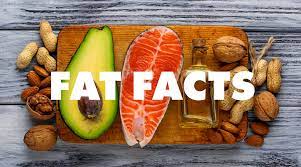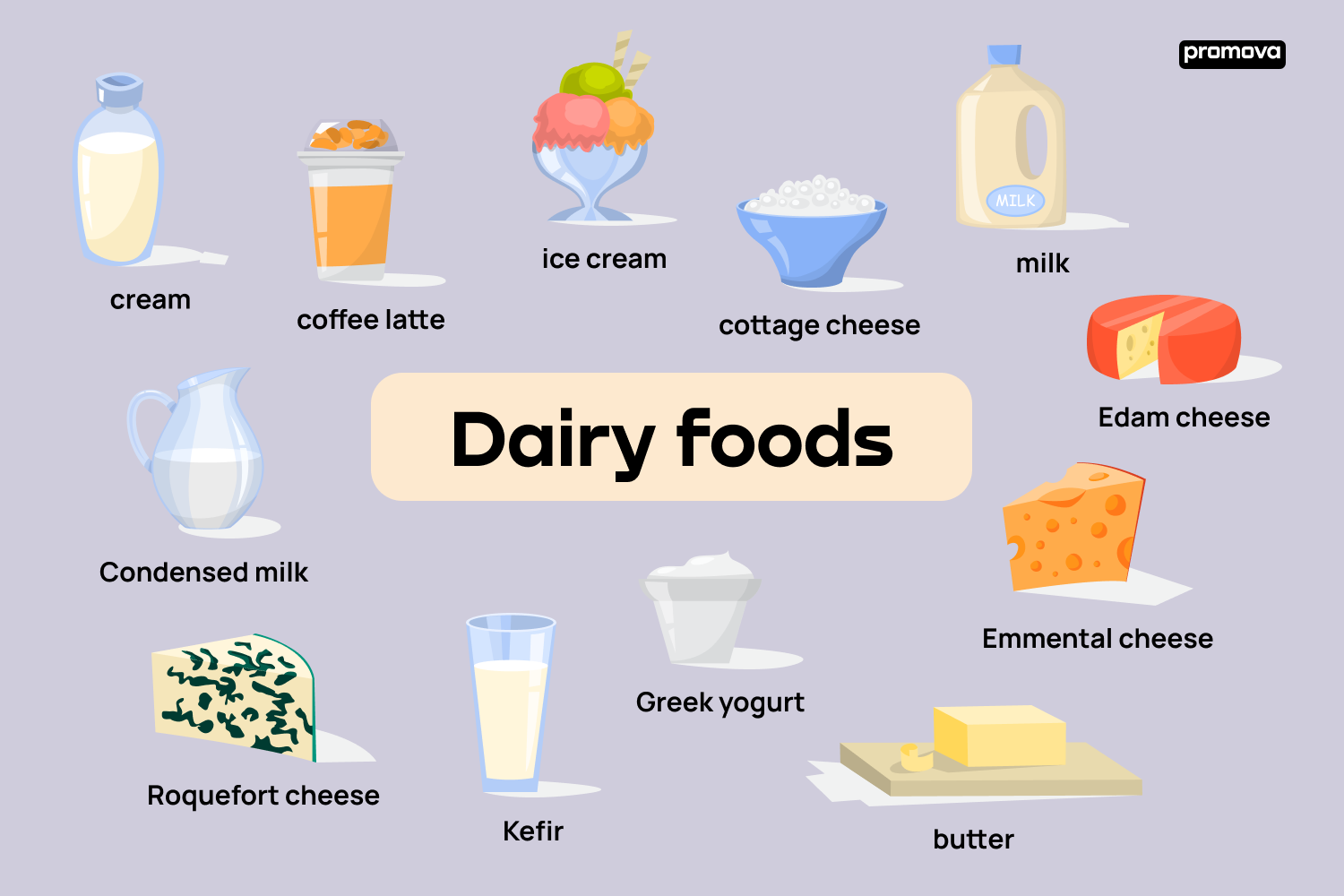
What are Fats
Fats, both saturated and unsaturated can be found in a lot of foods, they are present in proteins, carbohydrates and dairy products. Sometimes referred to as "oils" or "lipids", foods will normally contain both types of fat in them but will vary on which is more prominent. Even though there are fats in carbohydrates, these are minimal when compared to meat or dairy products. Some foods contain high fat content, oils as specified are a high source of fat and fried foods have grossly increased fat content because of it.
Fats are often thought of as the nutrients that cause weight gain, when in fact they are used primarily to absorb nutrients into the body, it is only when we have an excess of starch and carbohydrates in our diet that the fat cells fill with excess sugar and cause the appearance of weight.
It is important to be aware of the two types of fat found in foods, it is important because the wrong kind of fats can raise cholesterol, clog arteries and damage the body.
Unsaturated Fats
Any oils that have fatty acid chains of one double-bond chemical structure or more.
- Mono-saturated - These are fatty acids that contain one Double Bond between two elements, which are present in the amino acid chain. The more double bonds within the fats, the thicker it's viscosity. Mono-saturated fatty acids are often used in the Mediterranean, olive oil as a prime example contains 80-85% Mono-saturated fats.
- Poly-saturated - These fatty acids contain more than one Double bond and so tend to be a lot thicker. They can be found in fish, nuts, legumes and are generally seen to be a good thing in diet, studies have shown that they reduce heart disease and are an important part in a healthy diet.
- Trans Fats - These are often thought of as the artificial fats, created through hydrogenating plant oils, though they can occur naturally in some foods, such as milk, they are often linked with serious heart risks and health issues such as liver dysfunction, heart disease, obesity and cancer. Common uses include cooking oils for fast food restaurants and fat alternatives.
Saturated Fats
Saturated fatty acids contain no double-bonds, in other words the chains are "saturated" in hydrogen. They can be found to high degrees inside animal fat, and have been under study for many years. The overall consensus being that while these fatty oils are not as harmful compared to Trans fats, they have still been liked to diseases such as cancer. One should aim to reduced the intake of saturated fats and if possible replace them with Poly-saturated fatty oils. One of the key risks, is replacing saturated fats with processed carbohydrates, which can actually cause an equal amount of harm.
When considering what fats you are eating, it is wise to always choose a healthier type. Poly-unsaturated fats have shown to be more beneficial over all, it should be the aim of anyone achieving a healthy lifestyle to consider this basic groundwork.
What are solid fats
Solid fats, like butter and lard become liquid when heated but return to a solid state at room temperature. Most are animal fats, through hydrogenation of some plant oils can be made solid and turned into spreads as an alternative for butter. Solid fats also known on common as trans fats and over the last forty years, had been researched and shown to be very bad for us because they raise cholesterol, which causes heart disease. It is true they are highly calorific so should be eaten sparingly but we now understand they are not all bad, even though they were once made out to be. Many health professionals realise now it is sugar which is the biggest culprit and not strictly the trans fats. Unfortunately, fortunes have been made by food manufacturers who took advantage of the original thought and produced many low fat alternatives for weight loss but the taste was compensated by adding lots of sugars or sweeteners.We need solid fat or trans fat in our diets, as it transports vitamins around the body and is essential for the brain to function properly, there are many benefits to fat, many harms and yet again it is the quantity or the portion size that causes the problems. Too much of a particular trans fat can be just as harmful as eating an over abundance of iron. Saturated or trans fats;
- Butter
- Margarine
- Cream
- Suet
- Pork or Lamb fat
- Shortening/Lard
- Hydrogenated and partially hydrogenated oils
- Palm Oil*
- Coconut Oil*
* These items are called "oils" because they come from plant sources. Even though they are called "oils" they are considered to be solid fats because they are high in saturated or trans fat acids. The balance can be easily managed however with a varied diet. People who eat a lot of Fast Foods from restaurants or stands especially, should look to see how many solid fats they are consuming in their daily diet and while it is best to reduce unnecessary oils and trans fats within the body, a total removal can be harmful.


